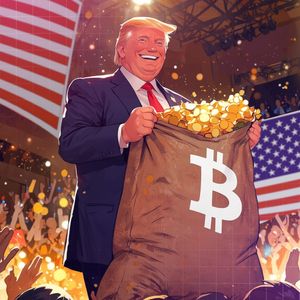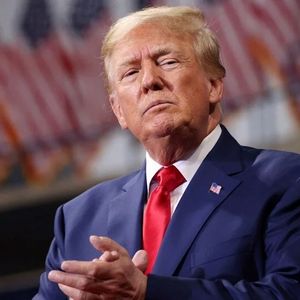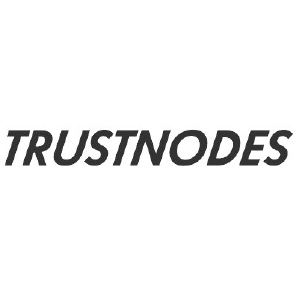The US-China trade war has a new battleground, and it’s built on silicon. At the center of the fight is the semiconductor industry—a $600 billion sector driving everything from smartphones to artificial intelligence (AI). For the last two years, American chip stocks have been riding a euphoric AI boom. Nvidia, Broadcom, AMD, and Micron are reaping the rewards as artificial intelligence skyrockets demand for advanced chips. The toolmakers that build the machines to produce these chips (Lam Research, Applied Materials, and KLA) have been right there with them. But this is where the AI hype crashes into politics. The Biden administration’s campaign to shut China out of the semiconductor race has created chaos in supply chains, reshaped global sales, and triggered a geopolitical struggle over technology. It started in October 2022 when Washington banned the export of the most advanced chips and manufacturing tools to Chinese companies linked to the government. Then came October 2023 when Washington tightened the rules, closing loopholes and limiting sales to Chinese data centers. Earlier this month, the crackdown went further, pulling US allies into the effort and locking out major Chinese buyers. US chip restrictions hit hard, but China saw it coming The bans have teeth. Chinese companies can’t buy the cutting-edge tools needed to produce high-performance chips. For Beijing, it’s a nightmare. China’s ambitions to lead the world in AI, 5G, and advanced tech depend on these chips. But the US, along with the Netherlands and Japan, has slammed the door shut. Beijing didn’t sit still. Anticipating the bans, Chinese buyers stocked up on older-generation tools throughout 2024. Data shows a massive jump in Chinese purchases of so-called “trailing-edge” equipment—older but still functional technology that can produce less advanced chips. Toolmakers face long-term risk as China pushes for independence There’s another problem. These bans may unintentionally push China to build its own semiconductor industry. For years, China has relied on foreign companies to supply chipmaking tools. Now, locked out of the advanced tech market, Beijing has no choice but to develop its own. Some analysts believe that this could be a long-term threat to US and European toolmakers. But others argue that global demand for chips will keep toolmakers afloat, regardless of geography. For toolmakers, the focus is on meeting global demand, not the politics of where the chips are made. Lam Research CFO Douglas Bettinger confirmed this, saying , “Investment in China this year was pretty very strong.” But he also acknowledged a slowdown ahead. The geopolitical pressure is unlikely to let up. If Trump returns to the White House, his trade policies could escalate tensions even further. Trump’s team of China hawks is ready to revive hardline strategies, and tariffs could be back on the table. Beijing knows this. Xi Jinping has already reached out with messages of cooperation, but he’s also drawn clear lines in the sand. During the November APEC summit, Xi warned Biden against crossing China’s “four red lines”: Taiwan, human rights, China’s political system, and its right to development. The stakes are super high too. Last week, China conducted its largest naval exercises around the Taiwan Strait in 30 years. It was a warning shot. Beijing sees Taiwan as its territory, and any US interference could trigger further retaliation. From Zero to Web3 Pro: Your 90-Day Career Launch Plan














